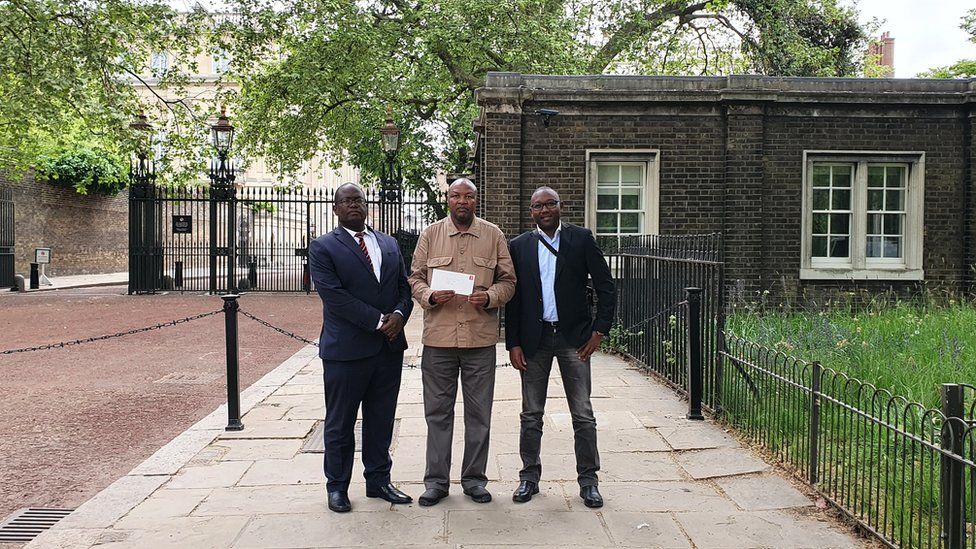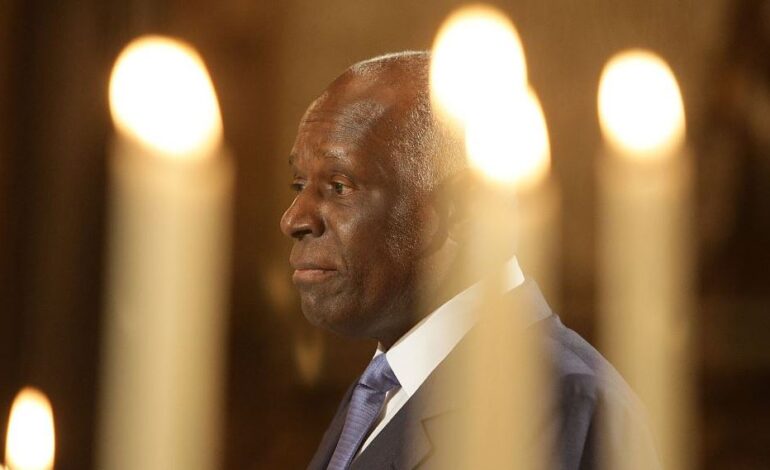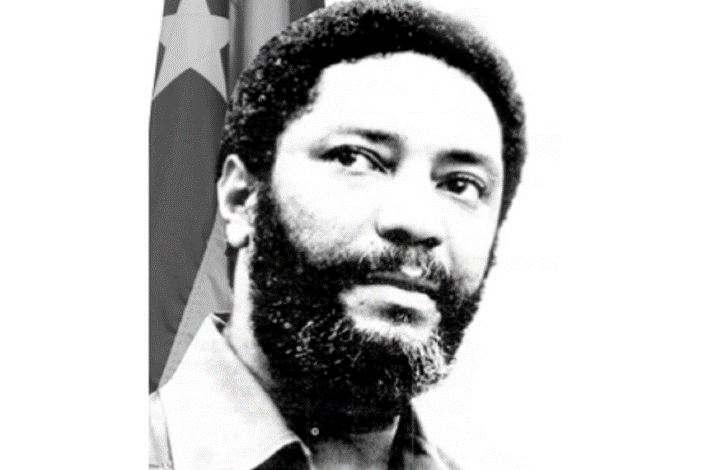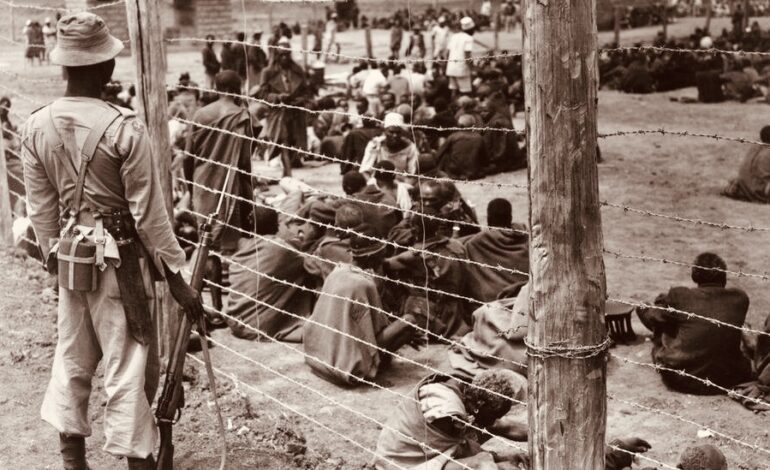
Faith Nyasuguta
Kenyans forcibly evicted from their ancestral land in the Rift Valley by British colonisers have now filed a case at the European Court of Human Rights, according to their lawyers.
They point out that Britain’s treatment of their complaints has violated the European Convention on Human Rights to which the UK is a signatory.
The lawyers added that the UK Government had turned down any potential engagement with the victims or their representatives, and a request in May 2022 to meet Foreign Secretary Liz Truss was refused.
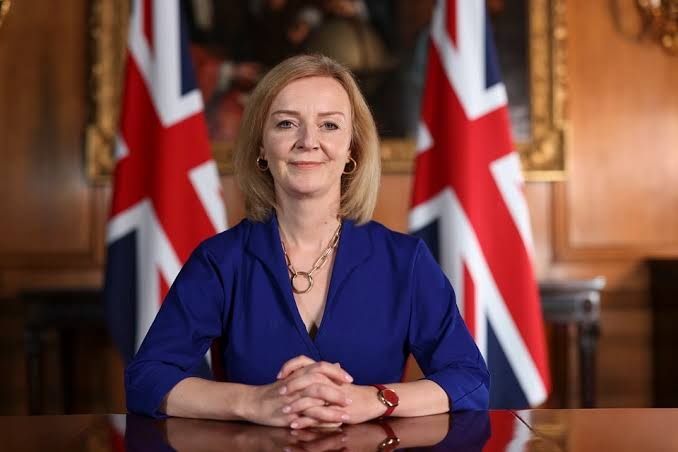
“The UK Government has ducked and dived, and sadly avoided every possible avenue of redress. We have no choice but to proceed to court for our clients so that history can be righted,” lawyer Joel Kimutai Bosek said.
“We have taken all reasonable and dignified steps. But the UK Government has given us the cold shoulder. Our people have no choice except to take them to court,” Kericho county outgoing Governor Paul Chepkwony said.
In May, a group of over 100,000 Kenyans from the Talai clan wrote to Prince William seeking an apology, and his support for reparations for human rights abuses they said they suffered during the British colonial settlement.
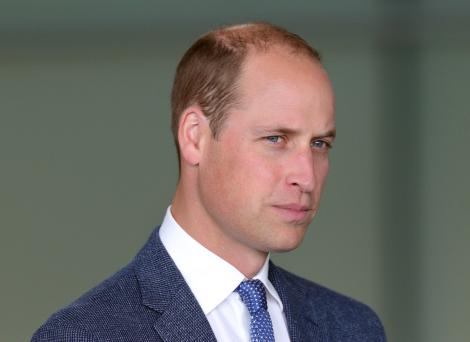
The letter said that the British government has declined to engage with the clan’s representatives and they were therefore reaching out to the prince “because Kenya is special to him”.
In 2021, a UN inquiry determined that indeed, gross human rights violations were committed particularly against the clan, including unlawful killing, sexual violence, torture, and arbitrary detention and displacement.
Five UN Special Rapporteurs then wrote to the British government regarding public apologies, reparations and remedy.
In response, the UK said it had already issued a public apology and settlement in 2013 of claims made by Kenyans who lived through the emergency period and the Mau Mau insurgency, from 1952 to 1963 when Kenya gained independence.
The clan said its members were forcefully evicted from fertile land in the highlands of the Rift Valley to pave the way for tea plantations, some of which still exist and are owned by UK-based multinationals.
The Talai held a leadership role among the Kipsigis ethnic group in Kenya and led the resistance against European settlement.
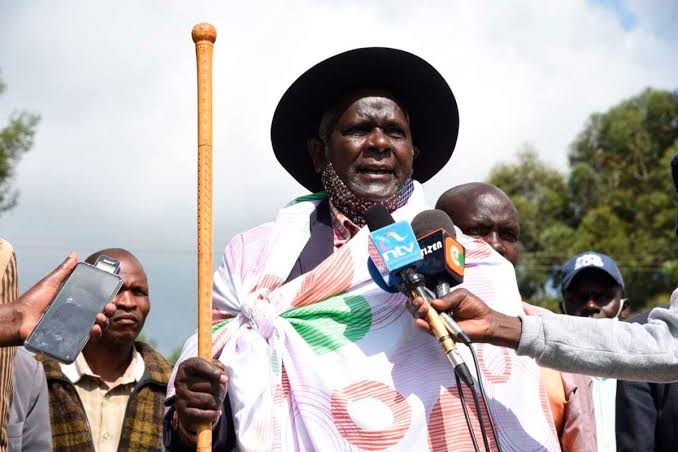
To quash it, every member of the Talai clan was forcefully moved to detention in a tse-tse fly and mosquito infested valley near present day Lake Victoria.
The conditions there are recorded to have been so harsh that many of them died and women suffered miscarriages. They also lost their livestock in large numbers.
When Kenya gained independence in 1963, the survivors left detention and returned to what they considered their ancestral land. But they never recovered it. They say they’ve lived alongside the tea estates as squatters ever since.
Three representatives of the clan, including the outgoing Governor of Kericho where the Kipsigis live, was in London in May to meet MPs and civil society representatives to argue for their claim.
